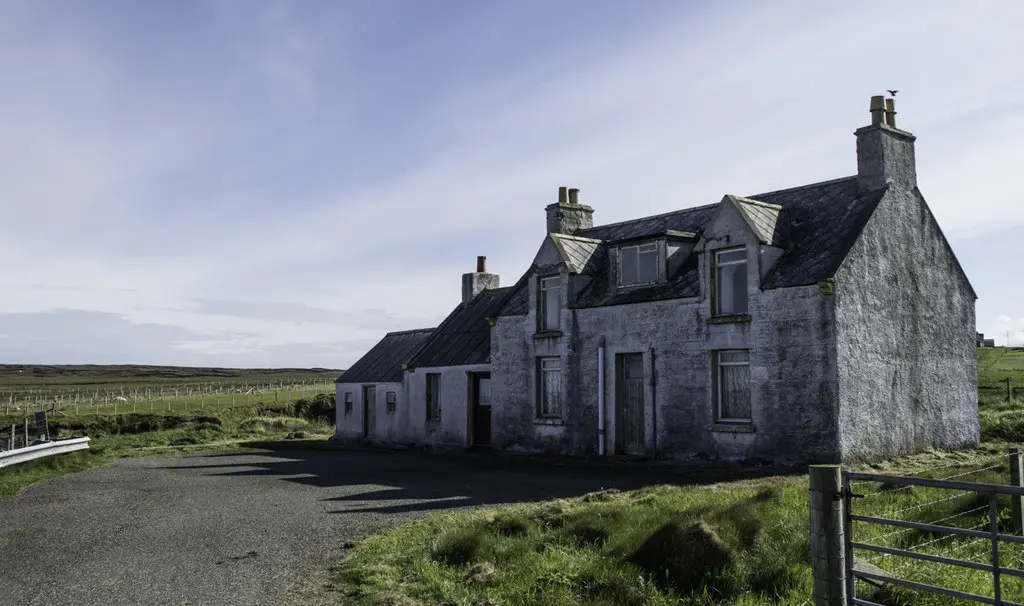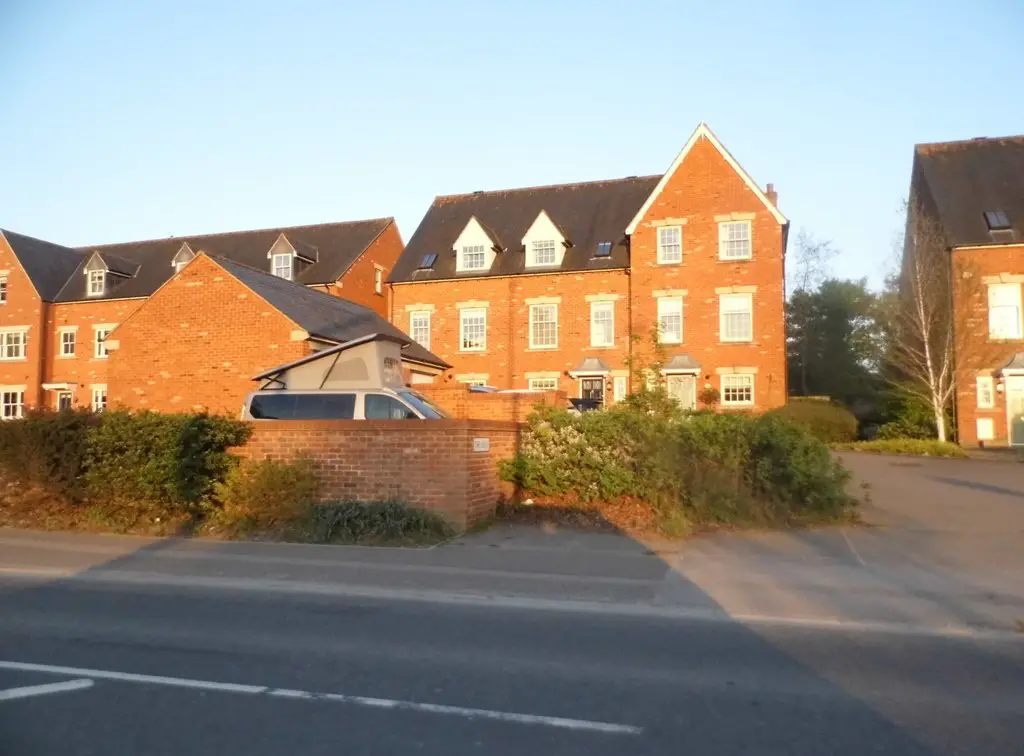
Buildings Insurance for Empty Houses in the UK
We are all familiar with normal house insurance which, for most home owners, means home and contents cover. It’s the kind of policy that brings peace of mind to anyone with their normal place of residence. However some people may own a second home that is only occupied for some of the year, or perhaps others may leave their normal residence empty for a period of time, for example, when working away from home, then return at a later date.
This means there are many potential customers seeking buildings insurance for empty houses and a surprising lack of information when they look around for reasonably priced policies.
In this article we look at the reason why having buildings insurance for empty houses is critical for the market. in addition, we shall investigate the vulnerabilities your empty property may face and the steps you need to protect your building. The points we shall cover are:
- Why we need buildings insurance for empty houses
- Reasons your property may be empty or unoccupied
- Concerns your insurance company may express
- Building insurance for second homes
- Steps to protect your unoccupied property
Buildings insurance for empty houses – What is it for?
It is always wise to insure your property with a comprehensive policy that covers you and your property in the event of unexpected situations. This could range from fire and flood right though to theft, damage and leaks. A normal home insurance policy is something many of us obtain and hopefully will never have to use.
But what if you are the owner of a property you do not live in, or a house which will remain unoccupied for an extended period of time? This is why it is essential for customers to have buildings insurance for unoccupied homes and be fully aware of exactly what the policy will cover over a specific time period.
In the eyes of an insurance provider there is no real difference between an unoccupied property which you do not normally live in and your normal residence which is left empty for an unusual length of time. Most UK home insurance providers consider an “unusual length of time” to be more than 30 days. In reality, there are many reasons your home may be empty for more than a month. Let’s take a look at the different categories of unoccupied property which may or may not require house insurance:
Reasons you may have an unoccupied property to insure
Although there are many circumstances in which a property may remain unoccupied, some of the main reasons considered by mainstream insurance companies include:
- Being away from your normal residence for an extended / unusual period of time
- Owning a second home which is otherwise unoccupied
- Purchasing a property to renovate which you intend to sell in the future
- Owning a derelict property which is not habitable
- Clients seeking insurance for unoccupied commercial property
Concerns a home insurance company may express about an empty building
Insurance providers do not like any property of value, be it residential or commercial, being left empty or unoccupied for any length of time. Some of the reasons are obvious, for example, there may be nobody to monitor the building and make sure nothing untoward is happening. A house which is left empty is inherently more at risk when it comes to burglary, fire & theft than a home which is occupied.
For this reason, most mainstream UK home insurers are very reluctant to cover properties which are completely unattended. However it should be noted that individual circumstances can affect the approach your policy provider will take.
Insurance companies in the UK usually consider a property to be unoccupied if it is empty for more than 30 days. Many policy providers refuse to cover if buildings are empty for more than 60 days.

These rules are not set in stone. For example, let us assume you have your normal home which you have a standard home and contents policy with your trusted insurance company. You then decide to take a job position in another part of the country, or perhaps abroad, for a year. Technically speaking, your house now falls into the category of an unoccupied property.
However, in real terms, this is your normal place of residence and if you explain matters to your current insurance provider they may be willing to accommodate your needs, especially if your house will only be empty for a limited period of time.
How to protect your empty property
Empty homes programme
Insuring an unoccupied home
Empty House Insurance FAQ
Can I get buildings insurance for an empty house?
Yes, it is possible, but you should discuss your individual circumstances with your home insurance company. There are many reasons your property may be empty for an extended time ad different insurance companies will respond differently to various situations. Use comparison sites to get a feel for quotes and talk to local insurance companies in the area where your property is located.
How can I protect my empty house?
Install an effective intruder alarm system, consider using CCTV or IP cameras and make sire you have working smoke and fire alarms. Keep windows and doors securely locked and if possible ask someone to check the property periodically. You can also notify the local police if you are going to be away for an extended period of time.
How much is unoccupied property insurance?
There is no fixed price for unoccupied property insurance, it depends entirely on your personal circumstances and the reasons the property is unattended. In order to obtain a comprehensive quote, make sure you provide your insurance company with as many details as possible.
Buildings insurance for second homes
Many insurance companies in the UK have a slightly different take on second homes or holiday homes as opposed to owners seeking buildings insurance for empty houses. In modern times, owning a second home has become more common and the difference lies with what you intend to do with your second home.
Whether simply unoccupied for 11 months of the year or if you intend to rent the house to tourists, such as with a holiday home, will affect the quote you receive and the concerns raised by your insurance provider.
Talk to your insurance provider
Your first step should be to contact your current insurer and have a chat with them. Explain your circumstances and ask them to provide you a quote and details of what their policy is likely to cover. Take the details and put them aside to consider your options. If you are happy with the quote and the policy cover then it may be wise to stay with your current insurance company.
However if you feel the price of the policy is high then don’t be afraid to shop around. There are many companies in the UK who will provide a quote. Use comparison sites and compare insurance policies. Sometimes the difference can literally be hundreds of pounds.
Steps to protect your unoccupied property
Take the obvious steps to protect any property which is empty for any length of time:
- Make sure all doors, windows and entrances are locked and secure
- Install an alarm system if possible
- Consider using IP cameras to monitor the building
- Use smoke alarms and fire alarms if you are able to
- Visit the property on a regular basis to check everything is normal
If you have an empty property, you may also like:
Property in the countryside
Unoccupied commercial property insurance
